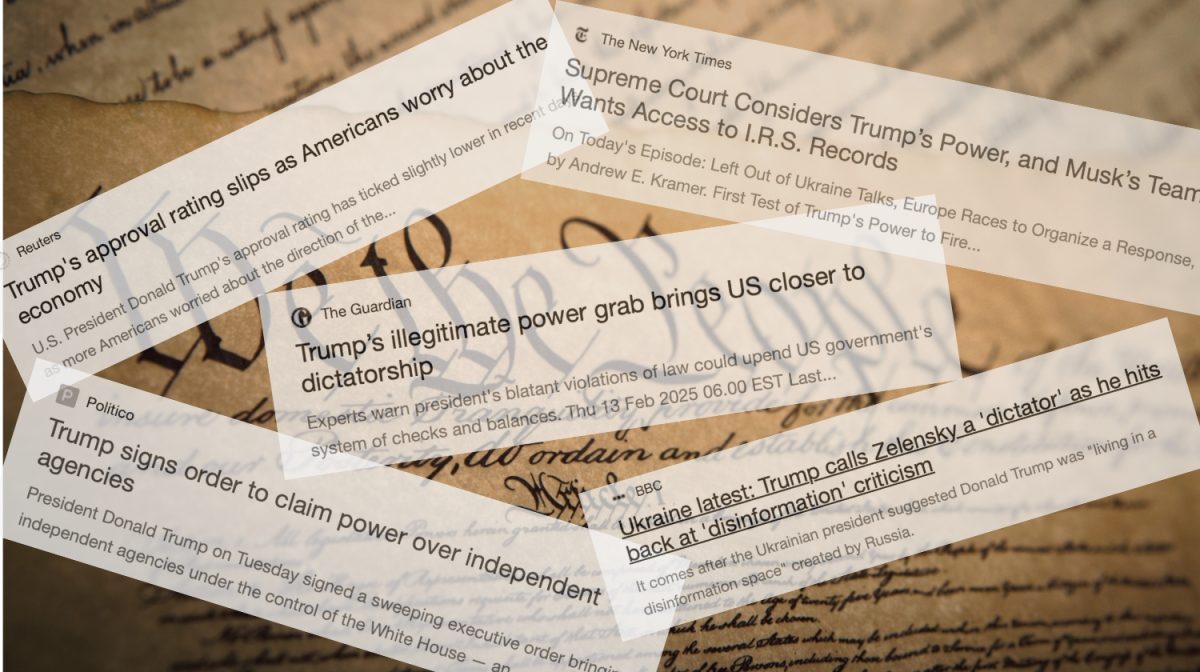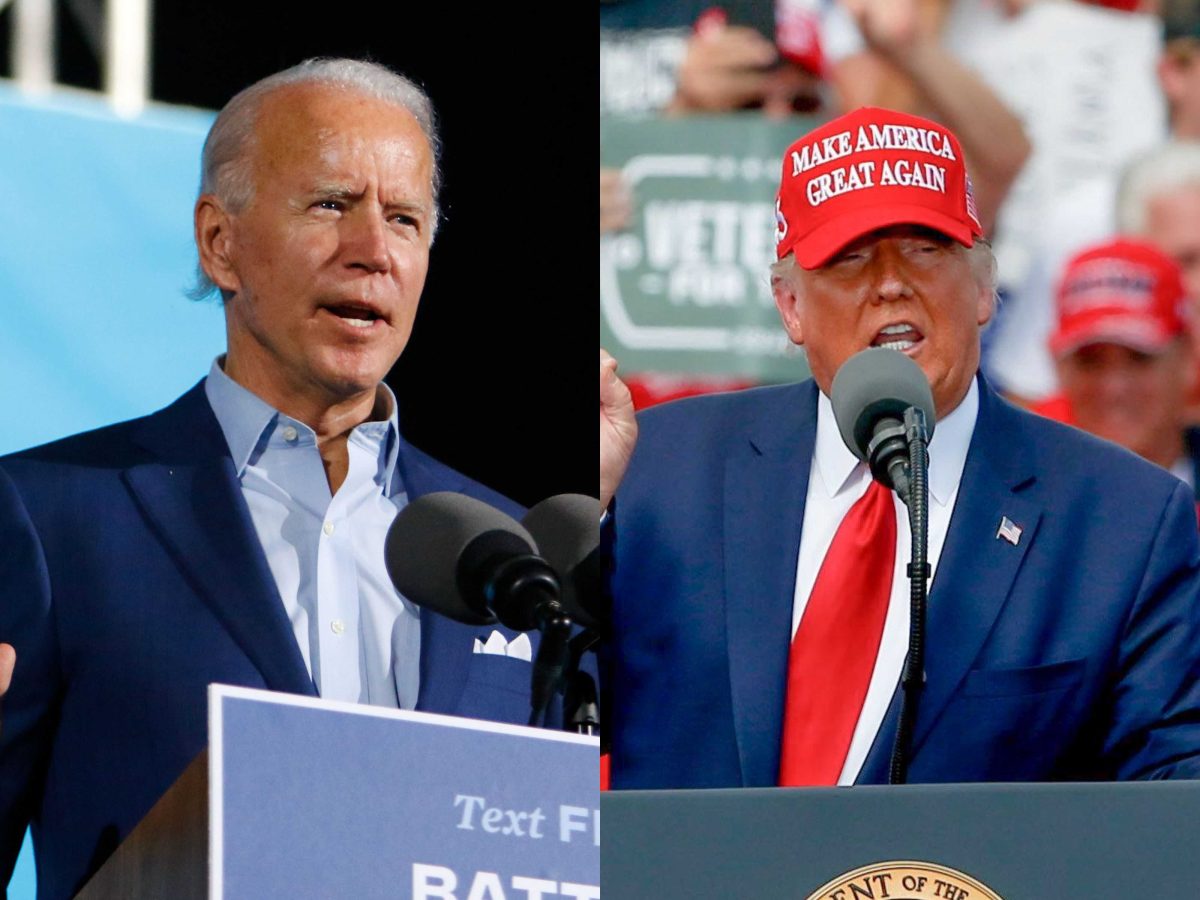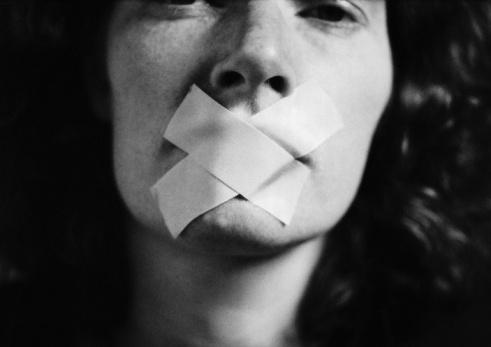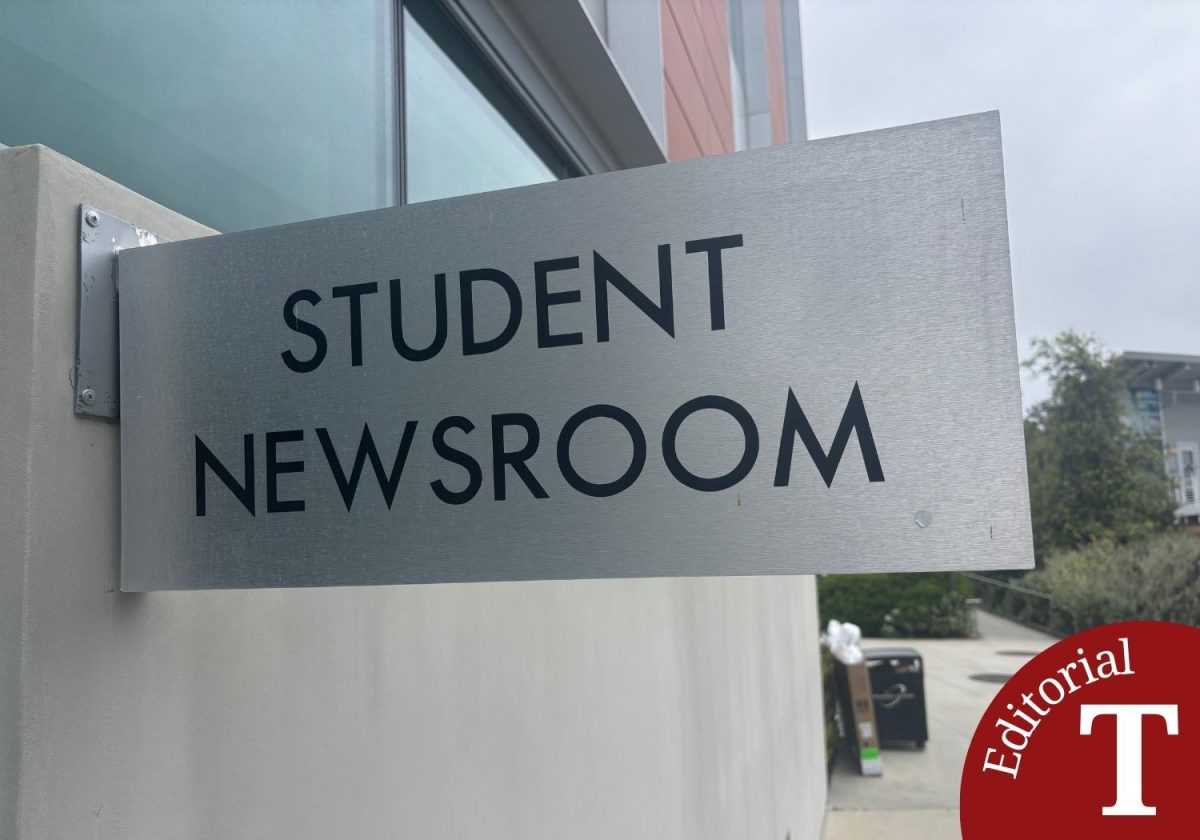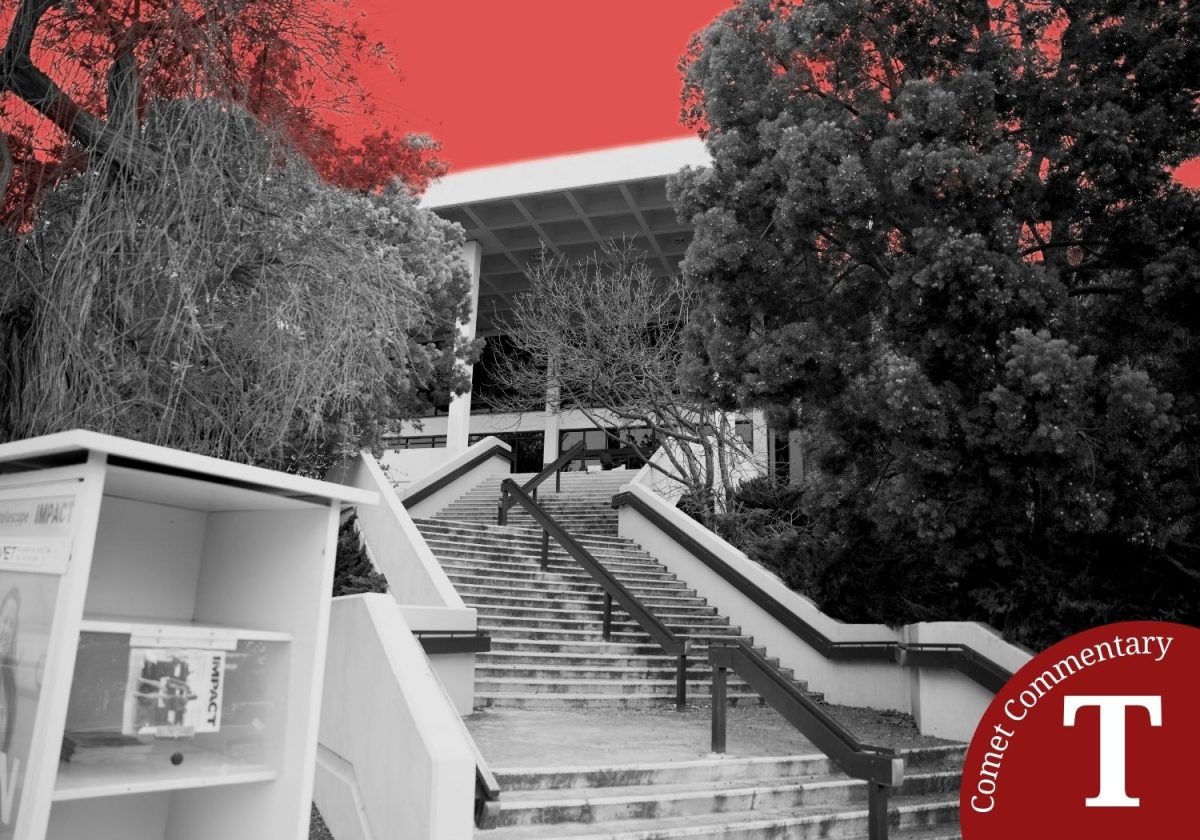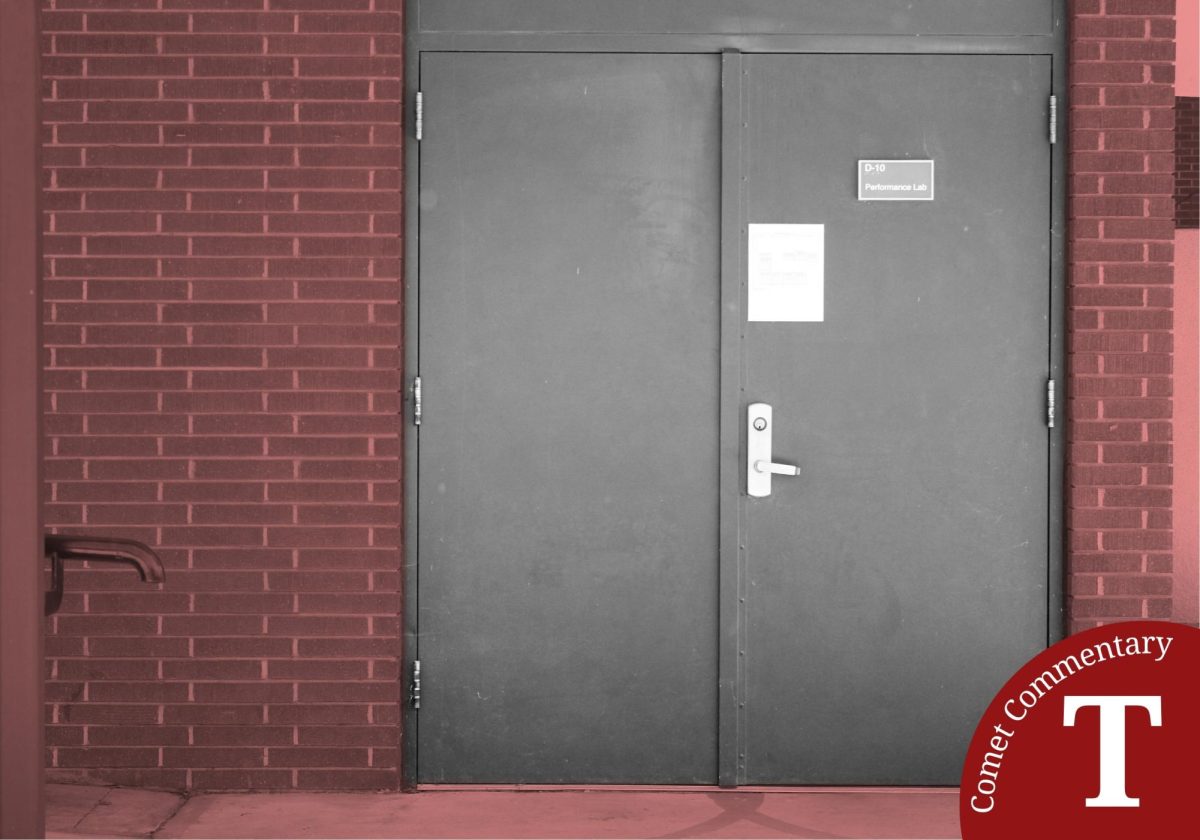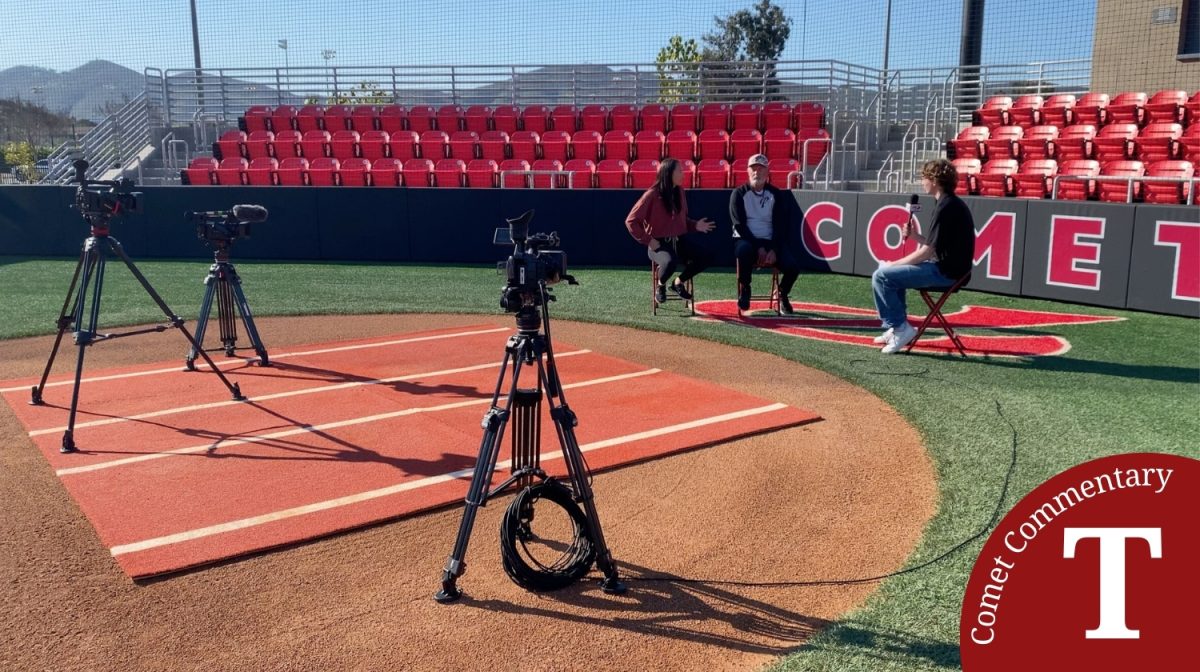From the views of a minimum wage fast food worker, an increase to $15 per hour sounds good, but in the end has a majority of negative outcomes. Burger flippers with no scholarly background in economics think a raise in minimum wage is a great idea, but well-studied economists know it’s a terrible one.
In mid 2016, California Governor Jerry Brown passed a plan that is essentially raising the minimum wage $1 per year until it reaches $15/hr by 2022. This plan will make finding jobs more difficult, result in layoffs, cut hours, and will put emergency service providers to shame.
The University of New Hampshire Survey Center released a study that found nearly all economists agree that this raise will only have negative outcomes. The study has numerous examples and specific questions that were asked, the research found that 83 percent of economists believe that a raise to $15 will negatively effect youth employment levels.
Our economic choices should be based off of well-studied economists, not low-skilled food industry workers.
Finding careers is hard enough, this raise will make finding low income jobs nearly as hard. This is true especially for people trying to find their first job.
Cassandra Daukantas is the General Manager for Sonic Drive-In in San Marcos, Calif. As the GM, her job consists of interviewing and hiring new crew members. The majority of these people consist of young adults with little to no work experience.
She explained that if minimum wage was raised to $15/hr, the chances of her hiring someone with no experience is “Slim to none.” She goes on to say “A no experience job is minimum pay, $15/hr is not minimum pay.”
This is a huge problem because a vast majority of the low income jobs are worked by young adults to where it’s their first job ever.
Also, the question persists, do these low skill workers even deserve this hike in minimum wage? The answer is a flat out no. Someone who’s skillset is flipping burgers and making french fries should not be paid nearly as much as someone who has the skills and is trained as an Emergency Medical Technician (who’s average hourly wage is just $2 more).
In the fast food industry, there is a very likely possibility that there would be no room for personal or corporate raises with this hike in minimum wage. Cassandra explains “If we still would, they’d be very small -a nickel or 10 cents.”
With an increase in minimum wage, employers will be forced to cut hours and layoff workers to accommodate the decrease in overall profits. A study done by the University of Washington is published on the National Bureau of Economics website that supports this claim.
The study uses the wage increase in Seattle from $9.47 to $11 as an example. This wage increase surprisingly strengthened their economy, however this study shows that this stronger economy hid the true ugly face of what the increase caused.
Despite the stronger economy, the study found that it increased the low-wage unemployment rate by 1percent. When compared to the unemployment rate in all of the U.S., it’s roughly a 20 percent gain in unemployment.
Following this gain in overall unemployment, the study also found that full-time employees had their hours cut to part-time. This caused people to, interestingly, move their residency outside of the city to areas of lower minimum wage to keep their full-time job opportunities.
$15/hr is a very undeserving minimum wage with a wide range of negative outcomes that low skilled workers seem to ignore.




